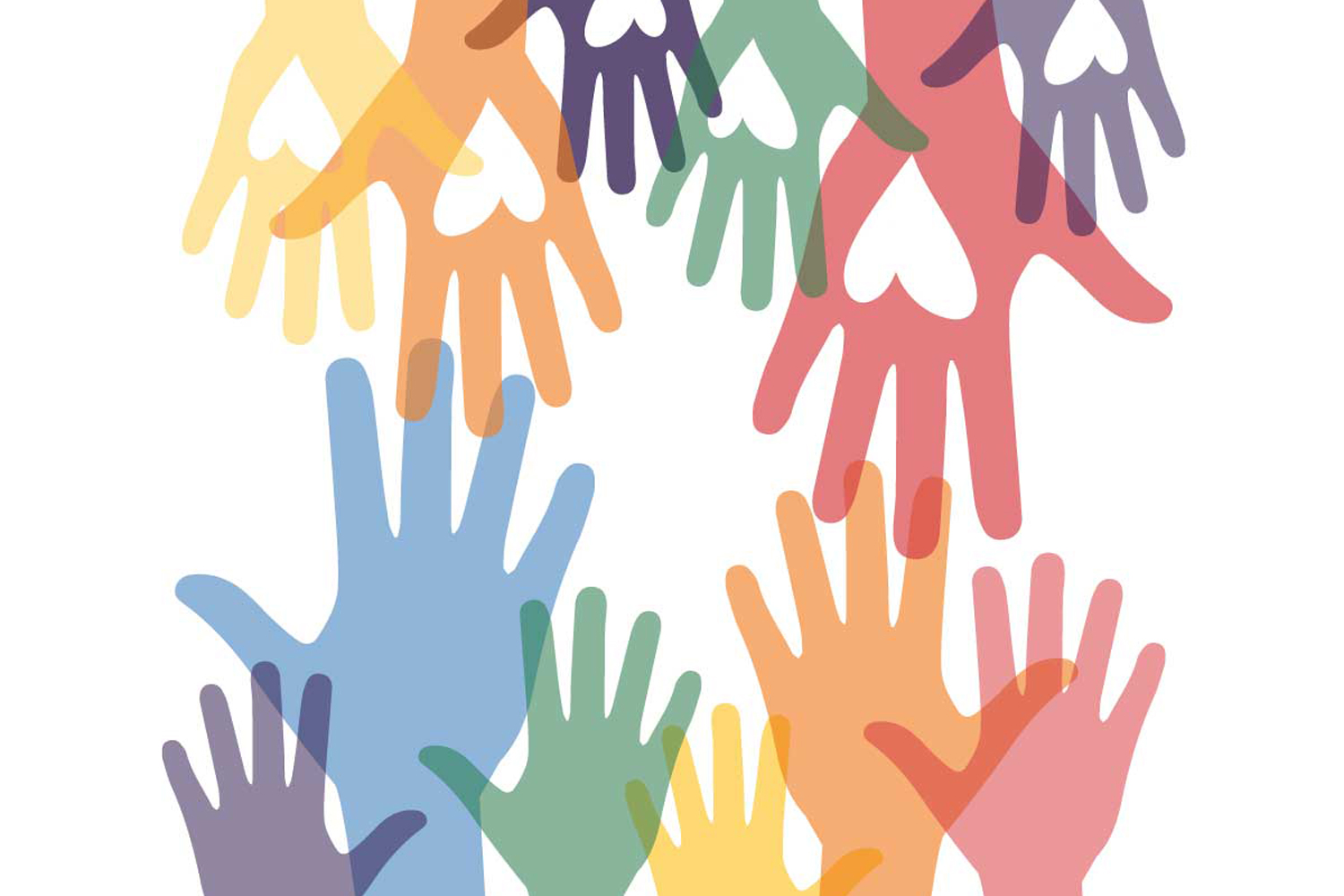HAVE YOUR HEALTH CARE PROVIDERS asked if you need help with necessities like transportation or housing? Organizations that set national quality standards for cancer care say they should.
Research has increasingly documented the impact of social needs on health and cancer outcomes. That’s why the Joint Commission, which provides quality and safety accreditation for hospitals in the U.S., has included asking patients about their health-related social needs in its standards since 2023. To meet these standards, hospitals should also provide patients with information about community resources and support services.
In September 2023, a working group from the National Comprehensive Cancer Network (NCCN), an alliance of cancer centers in the U.S., released recommendations for providers to screen for and address health-related social needs at least once a year. The recommendations focus on four key areas: transportation access, housing stability, nutrition and financial security.
“It’s important that the NCCN is advocating for these changes because health-related social needs can hinder patients’ ability to attend medical appointments, adhere to treatment plans and maintain overall health,” says Yelak Biru, who co-chaired the NCCN working group. “For instance, lacking reliable transportation can prevent timely access to care, while food insecurity can lead to poor nutrition, which could affect recovery and how effective a treatment is.”
Biru, who is president and CEO of the International Myeloma Foundation and a myeloma patient himself, wants social-needs screening, with the appropriate follow-up, to become as much a part of a clinic visit as routine blood pressure checks. “We think it should be an integral part of clinical care, conducted as a discussion rather than a check-the-box exercise,” he says. “Open-ended questions, empathy and cultural sensitivity are essential in these conversations, ensuring that patients feel comfortable sharing their needs.”
At City of Hope National Medical Center in Duarte, California, these conversations were standard even before the Joint Commission requirements took effect, says Nancy Clifton-Hawkins, director of City of Hope’s community benefit program. “In 2021, we began a journey to see how we could improve food security regionally. As we set up our support systems, we realized we couldn’t ask only about food because transportation, housing and financial security are also part of the picture,” she says.
City of Hope often refers patients who need these types of services to two national organizations that connect people to local resources: the national helpline 211 and Findhelp. “We have found them to be the most reliable and consistent throughout our national service area,” Clifton-Hawkins says. “We include their information in our after-visit summaries, patient flyers and digital signage in our facilities because we want people to have the information whenever they’re ready to access it, not just during their conversations with their provider.”
Biru also notes that patients can check with the NCCN and advocacy groups, which typically focus on specific cancers, to access more support services.
The NCCN recommendations are optional for hospitals, but Biru says next steps include obtaining insurance reimbursement for screening for health-related social needs and funding to educate health care providers to make these recommendations routine. “The reality is that patients and care partners are already navigating emotional and medical challenges,” he says. “We don’t want to create complexity that will exasperate the care friction patients already feel.”
For now, patients should realize they can ask providers for help with their health-related social needs. “The takeaway really is that there’s an expectation that you will advocate for yourself, but you will also lean on the staff at the hospital to help support you and link you with other programs and services should you need them,” Clifton-Hawkins says. “And if you as a patient aren’t being asked about your health-related social needs, you should ask why that is.”
Cancer Today magazine is free to cancer patients, survivors and caregivers who live in the U.S. Subscribe here to receive four issues per year.





